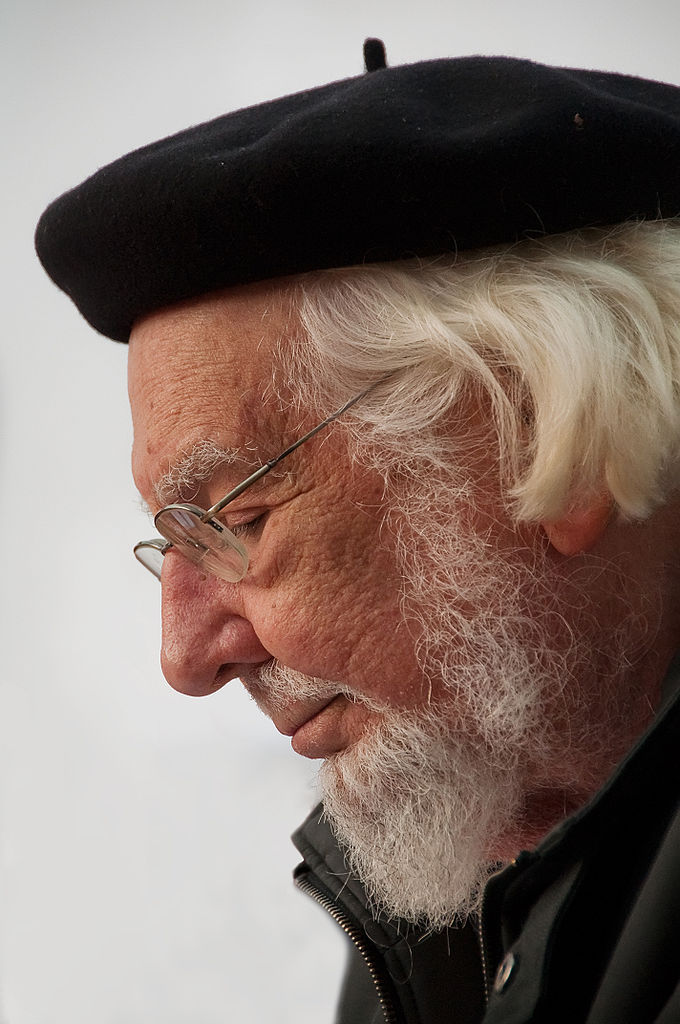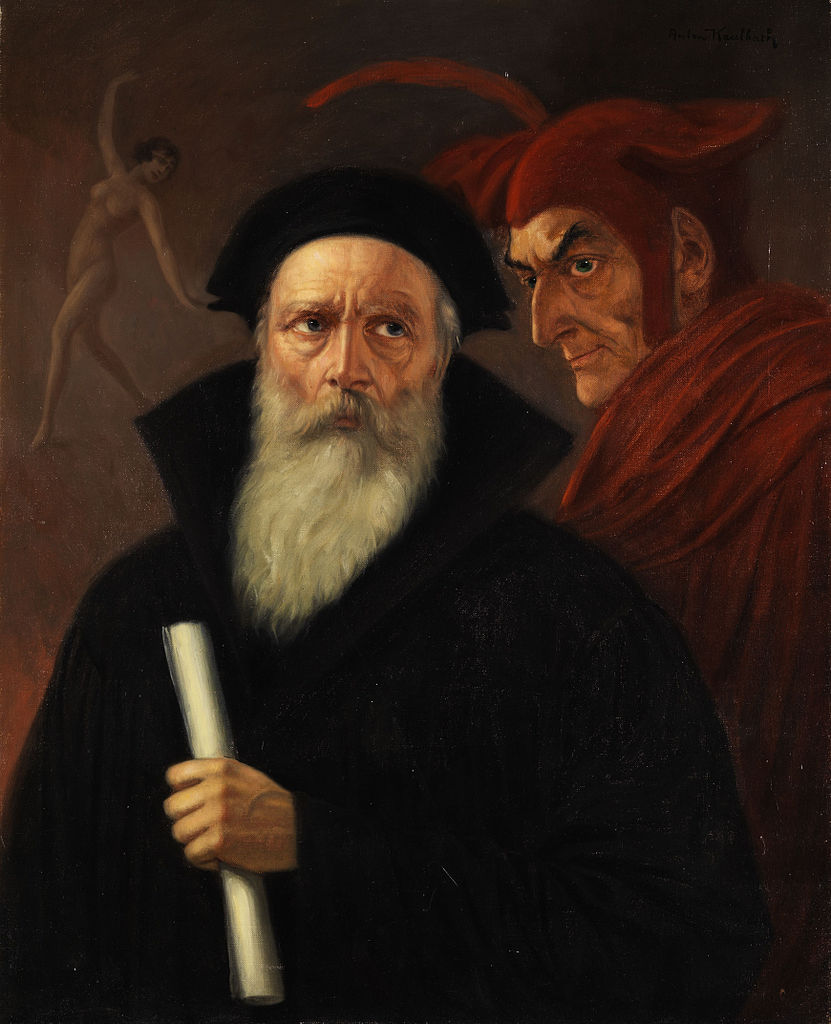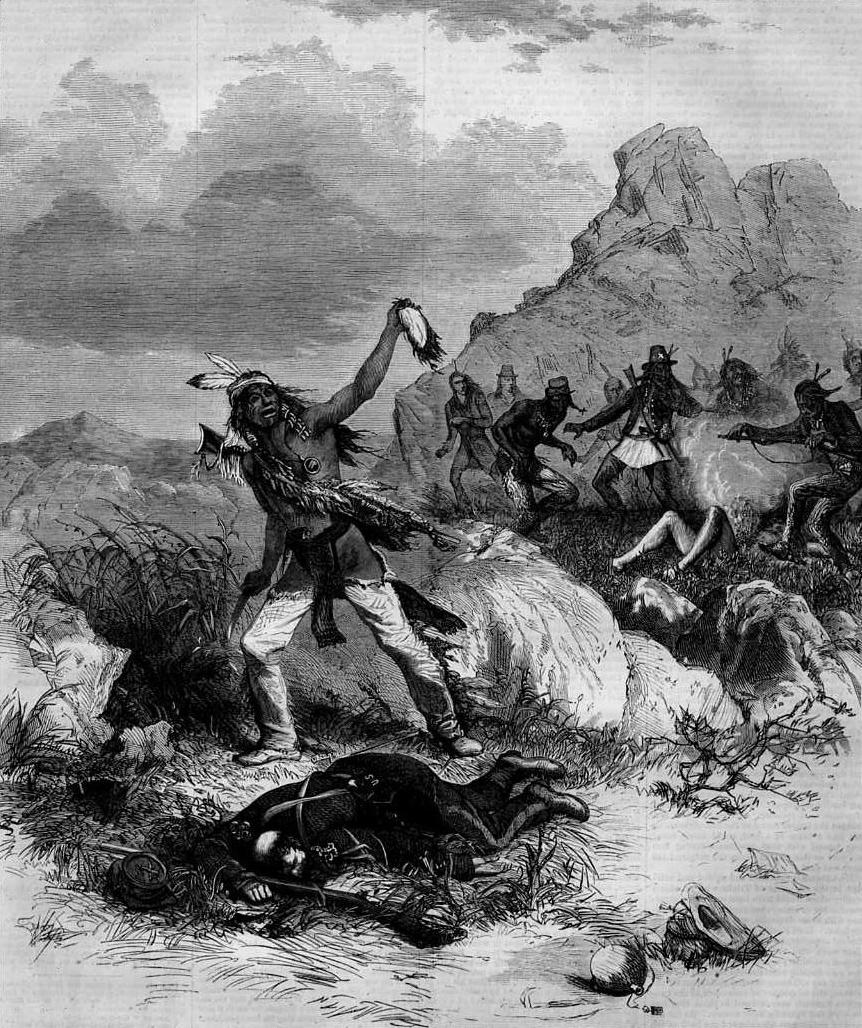Today in Labor History January 21
Today in Labor History January 21, 1525: Conrad Grebel, Felix Manz and George Blaurock founded the Swiss Anabaptist movement by baptizing each other and breaking a thousand-year tradition of church-state union. The Anabaptists were considered Radical Reformers. They preached against hate, killing, violence, taking oaths, participating in use of force or any military actions and against participation in civil government. […]
Today in Labor History January 21 Read More »




